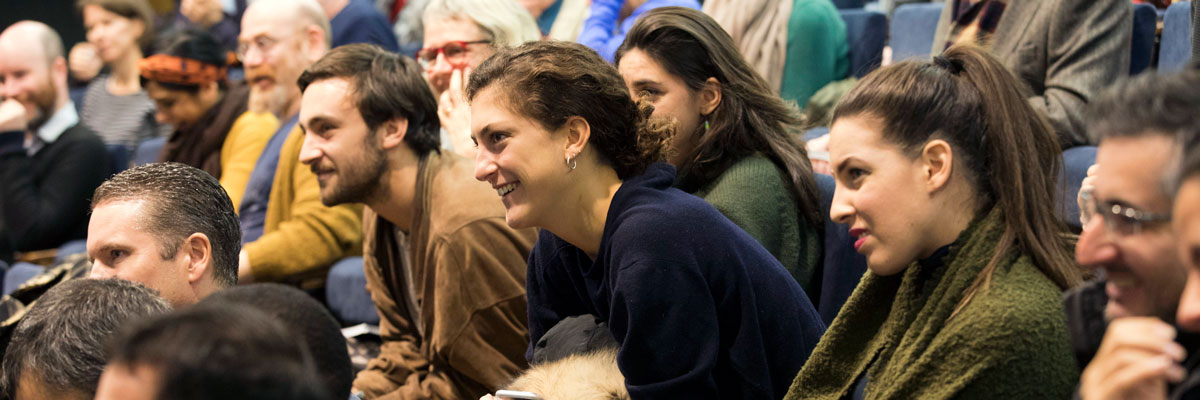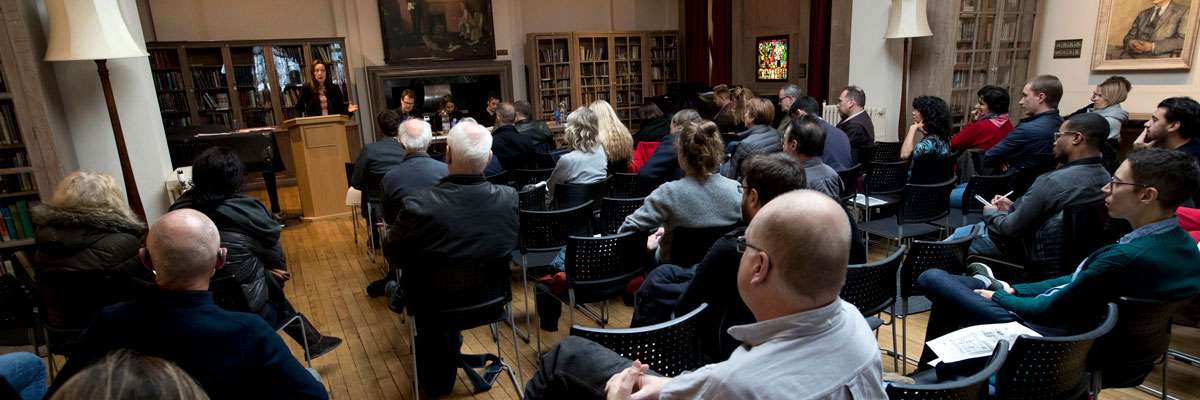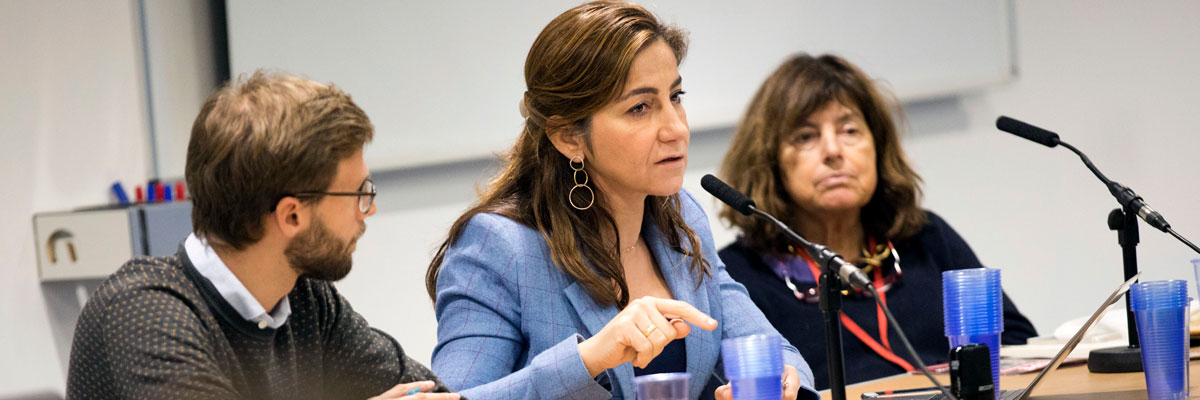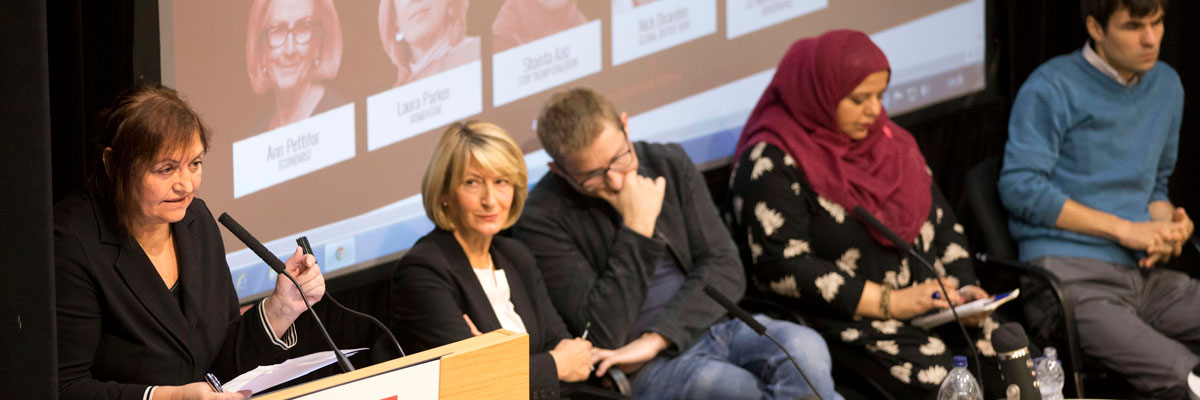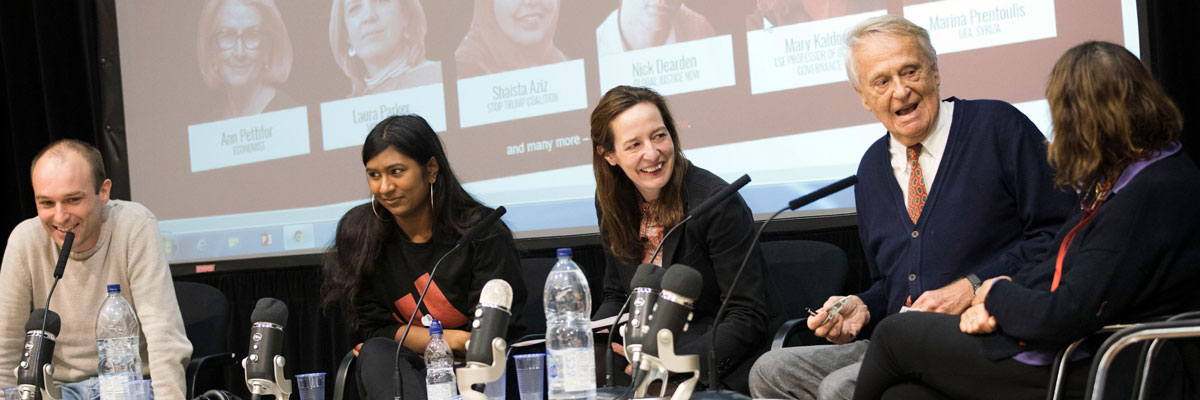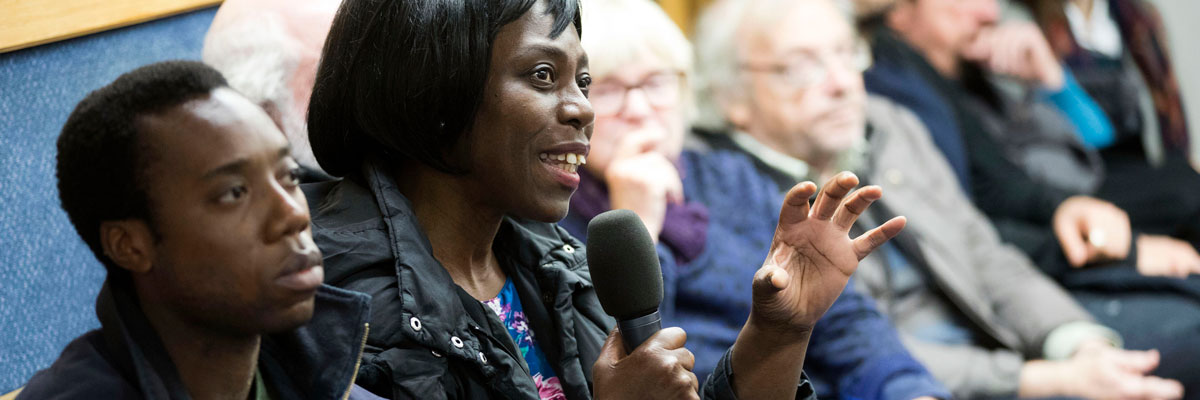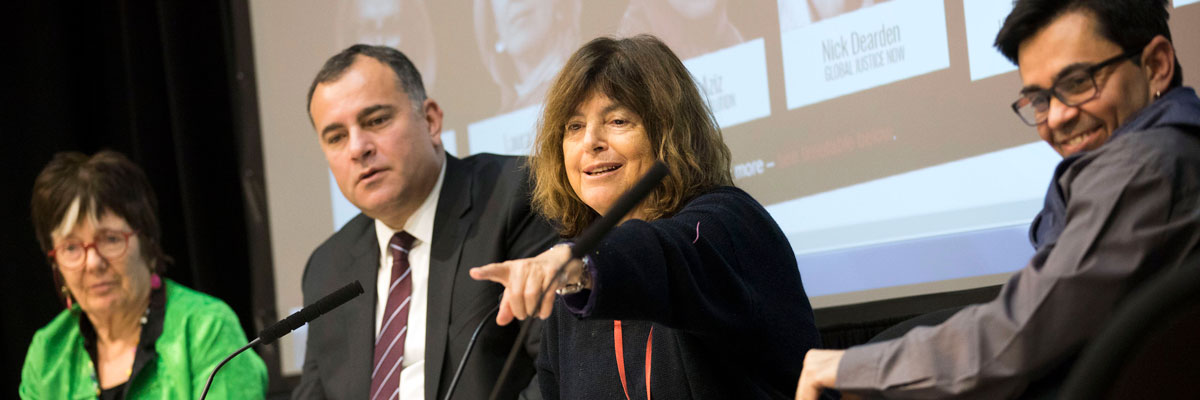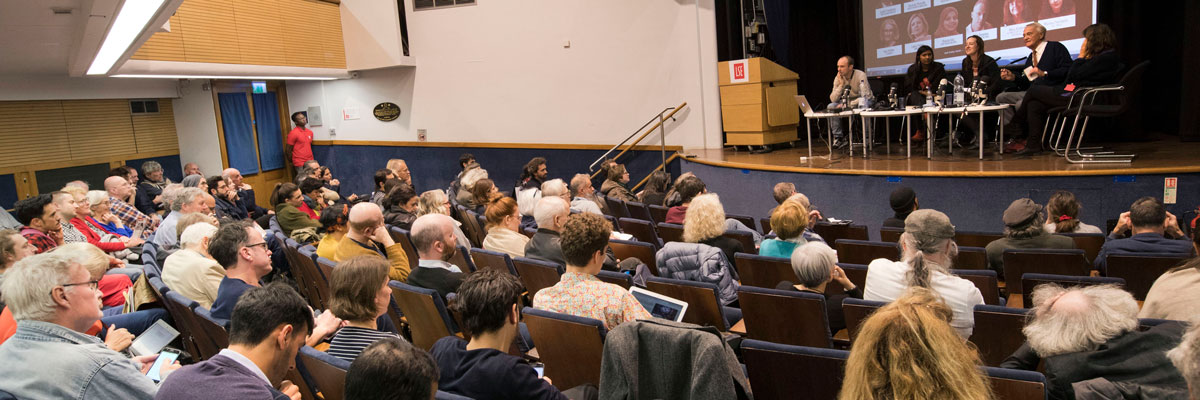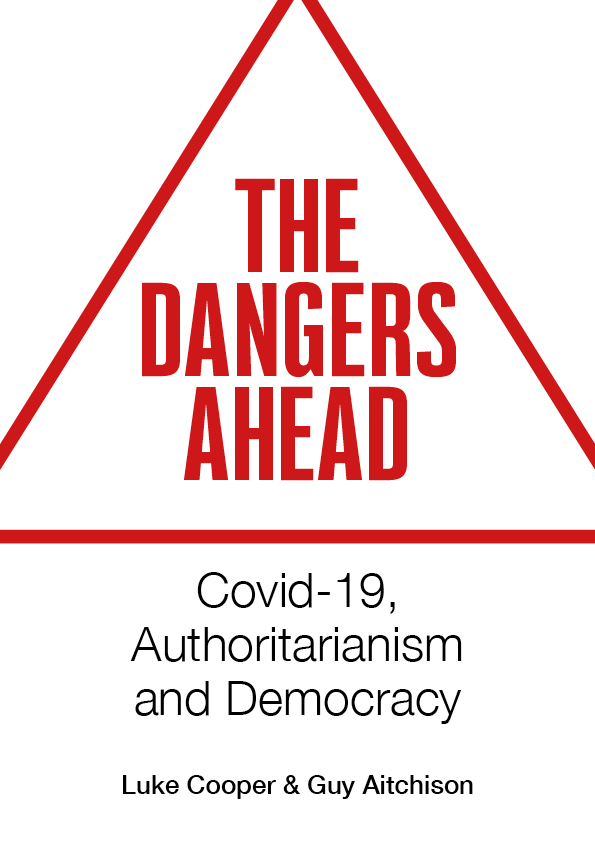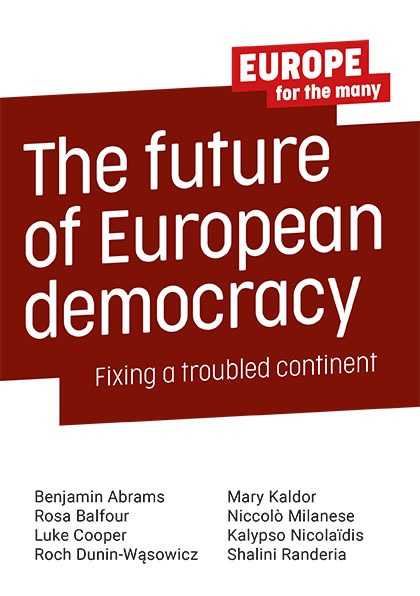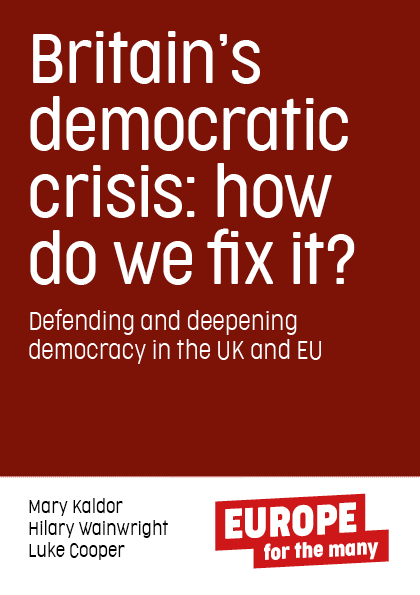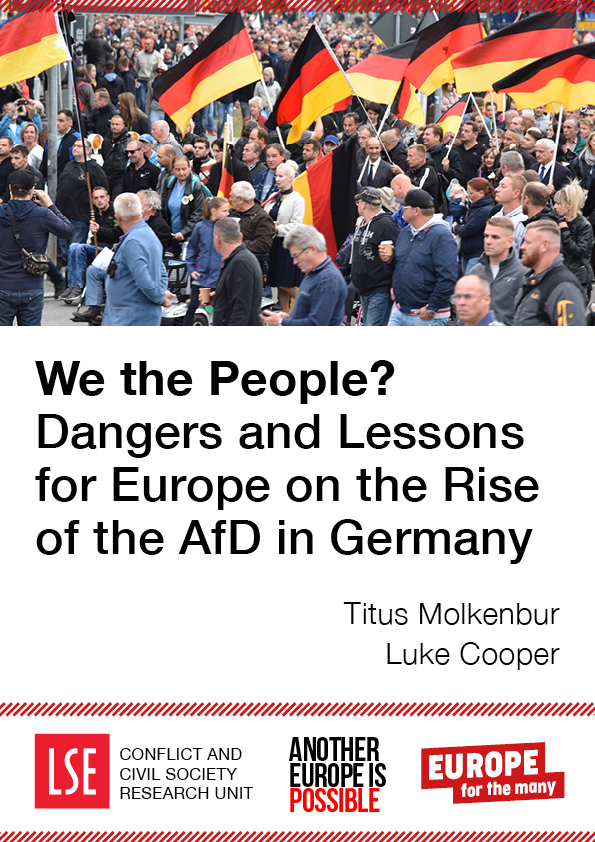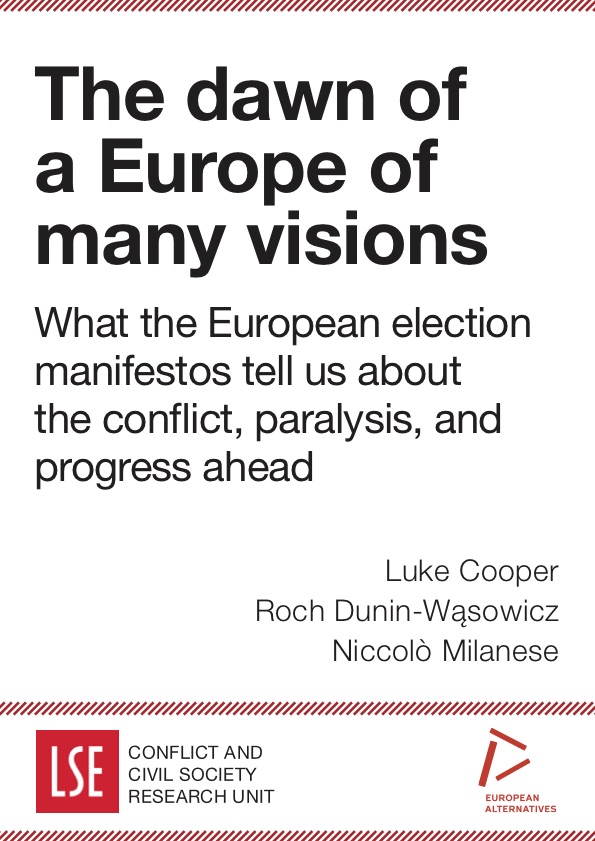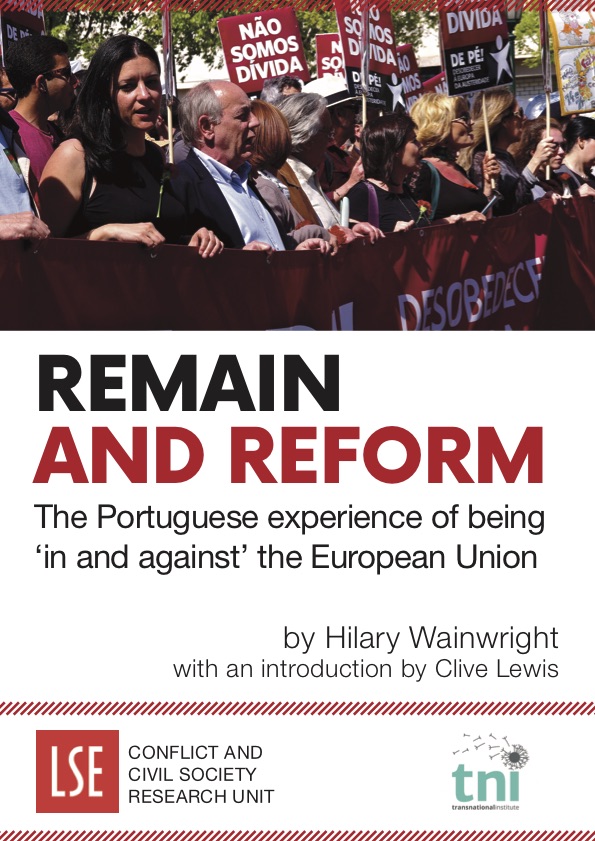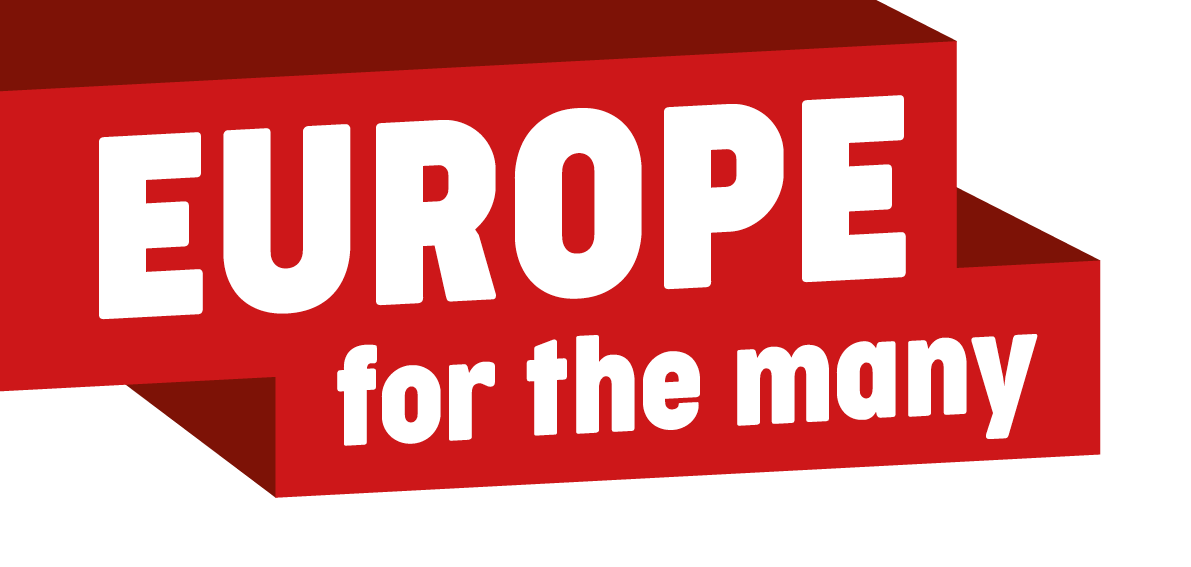The Dangers Ahead
The Dangers Ahead: Covid-19, Authoritarianism and Democracy
Over the last decade political authoritarianism has been on the rise across the globe. The ‘authoritarian wave’ has touched most continents and regions. So even before the crisis unleashed by Coronavirus many peoples across the world were resisting rising authoritarianism, nationalism and racism.
Coronavirus has often been talked of as a historical rupture, igniting system change. ‘We will not go back’ to the pre-crisis world is the clarion call of the current moment. Yet, the nature of the new world being born is still far from certain. And while opportunities for progressive political change undoubtedly exist, this new historical conjuncture provides considerable opportunities for the further embedding of authoritarianism and new attacks on democracy.
Warning of these dangers this new report, The Dangers Ahead, co-authored by Dr Guy Aitchison and Dr Luke Cooper, surveys the rise of anti-democratic forces and assesses their reaction to these extraordinary recent developments. Moving between the global picture and British domestic politics, the report argues that a new state-dependent capitalism is coalescing in response to the crisis and it ‘fits’ all too organically with the agenda of the authoritarian populists.
The devastating defeat
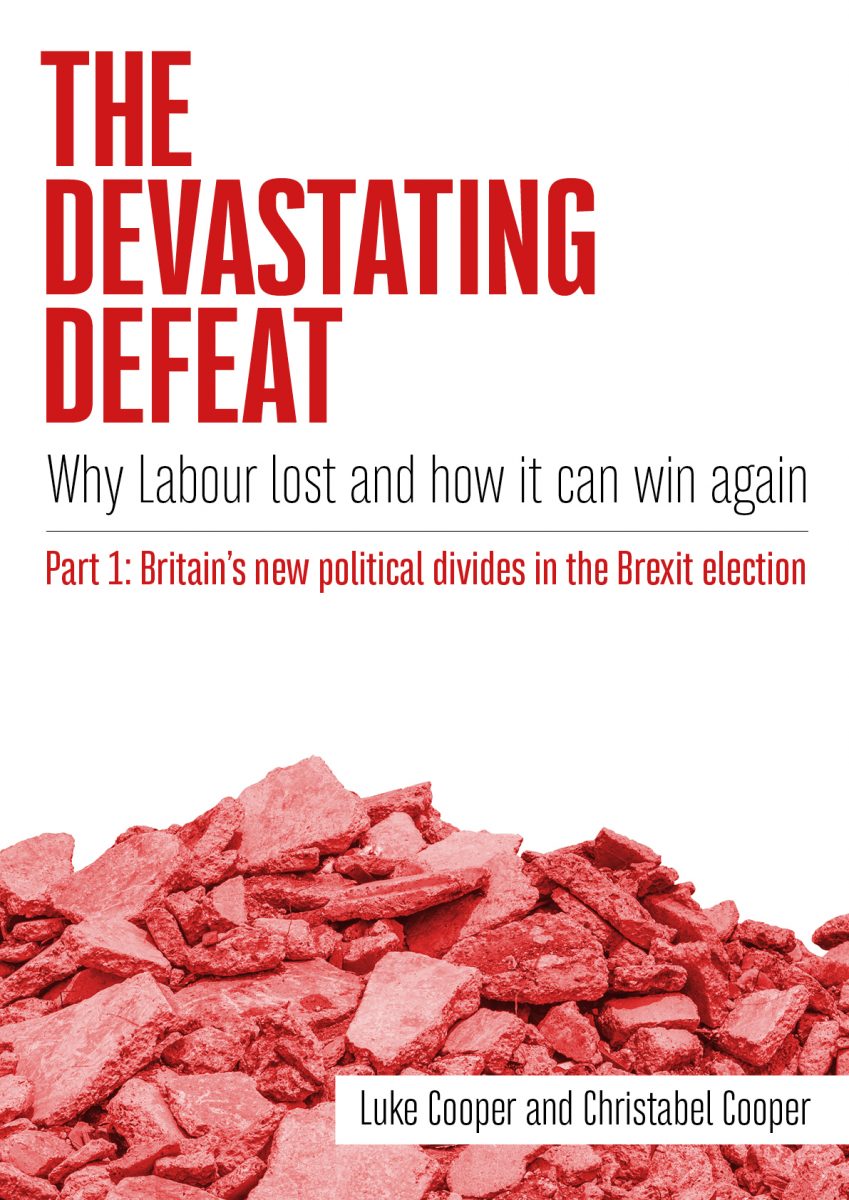
This is the first of a two-part report aimed at understanding the causes of the Labour Party’s electoral defeat. In part one we analyse the national data behind the defeat. We draw out the links between social class, economic geography and values in Britain’s new political divides.
The report analyses the changing nature of the UK’s political geography. It analyses changing electoral patterns through four new categories:
- Multi-Ethnic Working Class Labour Heartlands
- Young Cosmopolitan Centres of the New Capitalism
- The Brexit Voting Towns of Left Behind Britain
- The Affluent and Middle Class Conservative Shires
It reveals distinctive new patterns that have combined to create challenging circumstances for the Labour Party in England and Wales. As well as analysing “where Labour’s voters went'”, it links the constituency analysis to existing categories used by the British Electoral Study on socially conservative (‘authoritarian’) views and socially liberally views. While the report argues Labour should not, for both moral and electoral reasons, move in the direction of social conservatism on issues like criminal justice and minority rights, it does need to find a way of winning support from socially conservative voters. The Labour Party can do this because there is majority, broad public support for their progressive economic policies. But Labour still needs to work on persuading these voters it has a credible plan to implement its economic agenda and can be trusted to do so. These are the big questions the incoming candidates for party leader face.
The future of European democracy
Europe’s democratic crisis has become a major topic of political discussion in recent years. Eurosceptics, having won unprecedented levels of support in national and European elections, had made sovereign democracy a key calling card. Supporters of European integration, have similarly raised a series of criticisms of the current settlement and promoted sweeping reforms.
This new collection of papers sets out to sharpen the analytical focus and normative visions of Europe’s new democracy debate. It represents a series of interventions aimed at inspiring further scholarship, rather than the last word.
Britain’s democratic crisis
The case for staying in the EU is all about democracy. It opens up new ways in which we can participate in and influence the decisions that affect our lives. If Brexit happens, we will be extremely vulnerable to decisions, events, regulations, over which we have no control – the global market, other countries’ trading rules, climate change, data surveillance, and the global corporations. Brexit will also empower the far right, who have no interest in redistributing power.
This pamphlet is about the need for Labour to make the defence and deepening of democracy the central political issue, and show that it is the party that has the potential to empower the citizens of the whole of the United Kingdom and to make it possible for everyone – not just a few rich and powerful English Brexiters – to take back control.
We the People?
A report on the rise of the far right party showing how it has moved significantly to the extreme right since its launch in April 2013. AfD’s turn to the extreme right has had little affect on its electoral support. The party has frequently attacked German ‘war guilt’, downplayed the Holocaust and linked Muslim immigration to criminality. Yet it is now a major force in East Germany politics with strong showings in Saxony and Brandenburg state-elections.
Titus Molkenbur and Luke Cooper analyse the rise of the AfD and its transition from a eurosceptic party to an increasingly extremist one. They argue there is a big risk that the party creates a pole of attraction in German politics which pulls the centre-right further to the right. To address the rise of the AfD requires a reformed economic model – not abandoning principled opposition.
The report was published by the LSE Visions of Europe research programme, based at the Conflict and Civil Society Research Unit.
Dawn of a Europe of Many Visions
On the eve of the European elections, the Visions of Europe project produced a guide the elections in collaboration with European Alternatives.
Some of the key findings –
• Europe more polarised than ever, as far right on the rise
• European issues now dominate national politics
• Momentum behind progressive proposals for European reform despite common focus on far right
Read a summary at the LSE Brexit blog.
Luke Cooper, an associate researcher at the LSE and senior lecturer at Anglia Ruskin University, said, “Europe is moving through a profound moment of change. The period of bipartisan cooperation between the European centre-right and centre-left is coming to a close. European institutions may experience paralysis – an inability to pass new laws – if no agreements can be struck, but new alignments on the left and right may also take advantage of this fractured landscape to build new coalitions for change”
Roch Dunin-Wąsowicz, a researcher at the LSE Conflict and Civil Society Research Unit and fellow at UCL, said: “While much of the media attention is devoted to the rise of the radical right, these elections may well indicate increasingly momentum behind progressive parties on the political centre and centre-left. Also, a key tangible effect of Brexit is that it has led to a reduction in support for further exits across the EU. Far-right parties no longer seek an exit from the EU in the short term, but instead, have orientated towards seeking the radical reform or take-over of European institutions.”
Niccolo Milanese, Director of European Alternatives, said ’The first challenge for the new parliament will be imposing its choice for President of the European Commission on a reticent European council. If it can do that, and its candidate has a vision that can command a strong majority on either the right or the left, then we could see a shift in the balance of power towards the parliament and the most politicised EU for decades.’
Remain and Reform
The Portuguese experience of being ‘in and against’ the European Union
A ground breaking new report into the Portuguese experience of challenging austerity economics from within the European Union, authored by longstanding radical thinker, Hilary Wainwright, an editor of Red Pepper and fellow of the Transnational Institute.
The report argues that the experience in Portugal across recent years is rich with lessons for those seeking to transform the European Union. At a time when the Brexit process in Britain is moving from crisis to crisis, Portugal offers a new and fresh approach for the radical left.
The Portuguese Socialist Party government took office in November 2015 under Prime Minister Alberto Costa, and in alliance with the Portuguese Communist Party and the Left Bloc. Its election followed a period of austerity.
The report concludes that the Portuguese government has reversed austerity and successfully challenged EU leaders with its determination to fight “in and against” the institutions, and with popular support and the backing of a serious mass movement.
“The Socialist Party government in Portugal successfully united the party and the country around a positive alternative to austerity and inequality and stood up for these policies against right wing forces in the EU. The Labour leadership could do the same to unite Labour and the country here in the UK,” concludes the author Hilary Wainwright.
Clive Lewis MP, writing in the forward to the report, writes:
“This is a significant intervention for those on the left who argue for a Brexit, or “Lexit”. Many of the rules that are seen as obstructive to the socialist vision, whether on public ownership, outsourcing or state aid, are either misunderstood, have been superseded or are flexible. It will be enlightening, too, to any of us who have been conditioned to understand negotiations with the EU as a test of strength, and a tedious one, in which 27 will always be stronger than one. Perhaps that is the experience of nations who don’t know what they want. For those with a clear agenda, that they make a sustained, rational and ethical argument for, conclusions are anything but foregone.”
“Yet the more fundamental conclusion is this: you do the EU no favours by ignoring its faults, but it is not a fixed entity, and what look to be its long‐term strategic goals are subject, always, to the will of its members. It can only realise the ambitions of its founders, of peace, reconciliation, solidarity and broadly distributed prosperity, if its component nations are fighting for those ends.”
The report carries a foreword by Clive Lewis MP, and is backed by the London School of Economics Civil Society Research Unit, Another Europe is Possible, the Transnational Institute, Europe for the Many, the Rosa Luxemburg Stiftung and the LSE Civil Society Research Unit.
